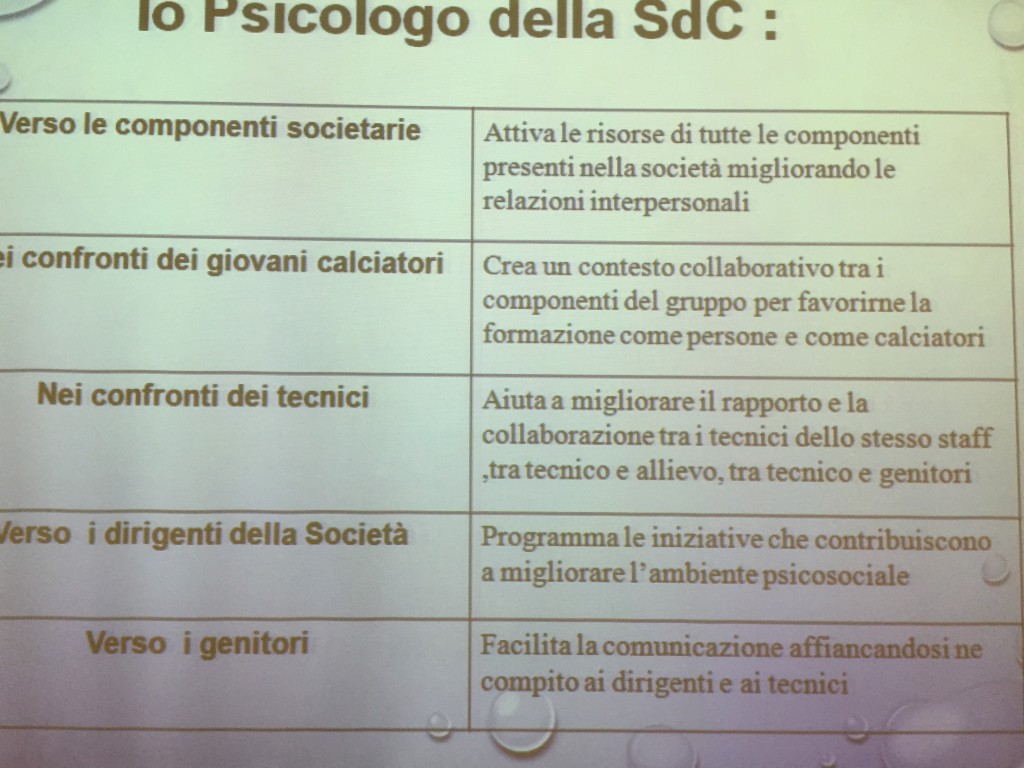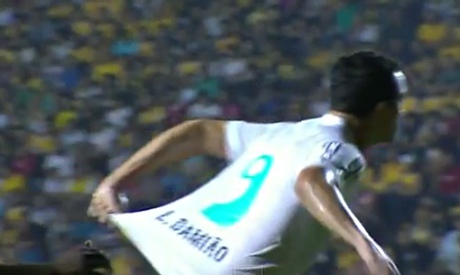I started again last Saturday the activity of what I consider the new sports season. I started with tennis, volleyball, handball, the revision of an article on teaching soccer to children with autism and the reading of a dozen thesis projects being carried out. It hasn’t been a soft start but it’s giving me a sense of work normality, at a time that obviously is not the case. Like everyone else I live with this perception of uncertainty and not knowing what will happen in the coming months.
My work is quite planned and without this pandemic it would be varied and interesting. In the meantime it is done “as if” it should proceed as planned, with the awareness that I have to prepare for the necessary adaptations and changes depending on how the health situation will evolve. I am thinking, for example, at “Calcio Insieme” project with our 80 young people with autism playing soccer. With AS Roma and the Integrated Football Academy we are organizing ourselves in order to be able to carry out the training activity in conformity with the rules and in safety for everyone.
My main work is with teenage athletes who aspire to excellence but don’t know if they will reach these levels and with top athletes who are preparing to establish themselves internationally. To a large extent, they are aware of the importance of the mental component of their activity, knowing that they must also engage in psychological work, which is certainly not easy to do. In a time of crisis as it is today, psychological support becomes even more essential to learn to accept fears, anxiety about the future and the limitations required to ensure your own health and that of the people you work with on a daily basis.
I experienced their fears during the lockdown, when left alone at home, many risked living in angst and passively suffering that period. Psychological support with them was, in my opinion, indispensable to allow them to take their lives into their own hands even in those negative moments. Now the limitations have been greatly reduced, but the fears remain until we will have the vaccine. The psychologist remains the only person with whom to share these concerns and to improve resilience and confidence.
Our main sports organizations, compared to those of other European countries, have not clearly dealt with these issues and the same is true for the organizations of sports psychologists. No shared and specific documents have been produced and, therefore, the responsibility has been left to the individual initiatives of professionals.
What can I say, I hope to realize together with all the people I work with the projects we have planned. What is certain is that we never give up, we have been and will always be ready to solve the problems that will arise. My motto is: “something done well, you can do better” (Gianni Agnelli).
Good luck to all the optimists!!!









